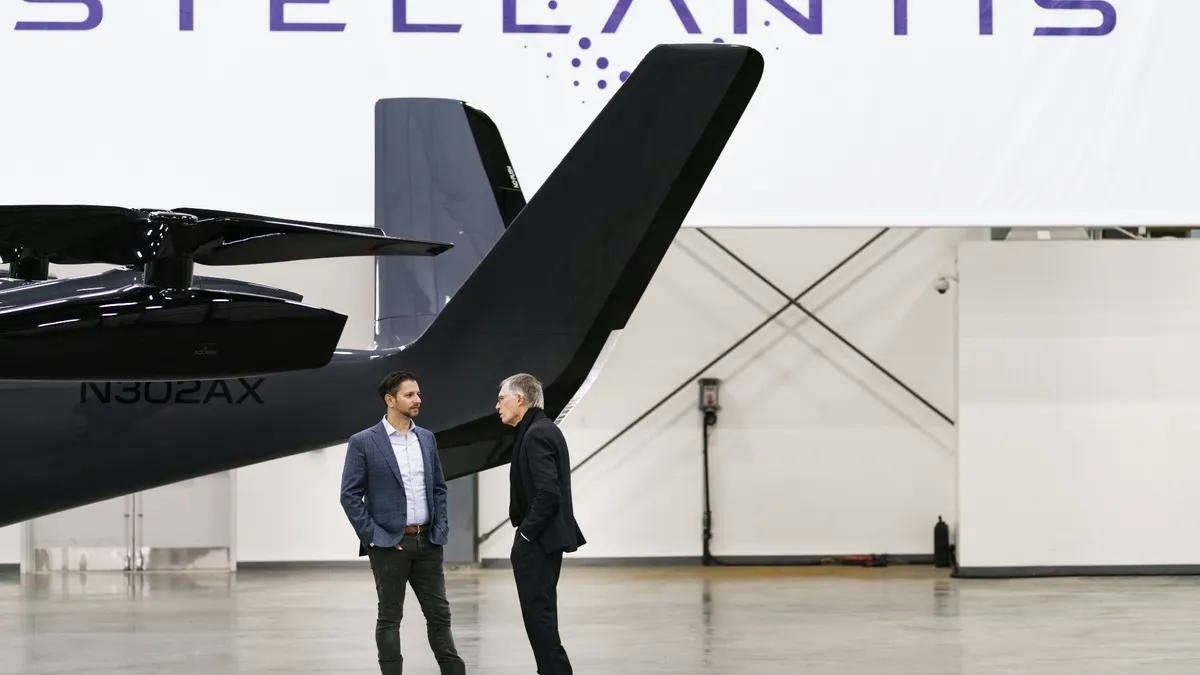AeroGenie — Seu Copiloto Inteligente.
Tendências
Categories
Automakers Accelerate Efforts in Electric Aviation

Automakers Accelerate Efforts in Electric Aviation
Rising Competition in a Growing Market
Chinese startups and established global competitors are intensifying their efforts to dominate the emerging market for electric aircraft motors, anticipating rapid expansion in the coming years. Domestic companies in China have surged into this sector, supported by Beijing’s commitment to developing the “low-altitude economy,” which includes drones, electric vertical takeoff and landing aircraft (eVTOL), and electric fixed-wing planes. This strategic focus reflects a broader ambition to lead innovation in electric aviation and capitalize on new transportation modalities.
Strategic Diversification and Industry Challenges
Automakers are increasingly seeking to diversify beyond traditional vehicles by leveraging their expertise in battery technology and large-scale manufacturing. Industry leaders such as General Motors are exploring ways to adapt existing infrastructure and supply chains to meet the specific demands of electric flight. At the same time, companies like Tesla face significant challenges in scaling production and maintaining their competitive edge amid intensifying rivalry.
Despite the enthusiasm, the path to widespread adoption of electric aviation remains complex. Developing reliable, lightweight, and high-performance electric motors requires substantial investment in research and development. Additionally, manufacturers must navigate stringent certification processes imposed by aviation authorities worldwide. The high initial costs and the need for extensive supporting infrastructure, including charging networks and maintenance facilities, further complicate the sector’s growth trajectory.
Market Dynamics and Policy Implications
Investor sentiment toward electric aviation is mixed. While some view the sector as a promising long-term growth opportunity capable of reshaping transportation, others remain cautious due to uncertainties surrounding adoption timelines and potential regulatory obstacles. The competitive landscape is evolving rapidly, with traditional automakers leveraging their scale and technological expertise, while startups emphasize agility and innovation to capture market share.
Policy developments add another layer of complexity. Recent changes to Canada’s electric vehicle policies and the prospect of new U.S. tariffs could influence strategic decisions and investment flows within the industry. As automakers and motor manufacturers accelerate their push into electric aviation, they must carefully navigate a multifaceted environment shaped by technological, regulatory, and market challenges. The outcome of this race will have significant implications not only for the future of aviation but also for the broader global transportation sector.

Emirates Unveils Cabin Design for New Boeing 777X

Eighteen Years On, the Airbus A380 Remains Central to a $34 Billion Airline

How a boom in luxury airline seats is slowing down jet deliveries

Navitaire Outage Attributed to Planned Maintenance

DigiYatra Debuts Outside Aviation at India AI Impact Summit

Vietnam Orders Strengthen Boeing’s Commercial Outlook

Airbus Signals Uncertainty Over Future A400M Orders

JobsOhio Awards $2 Million Grant to Hartzell Propeller for Innovation Center

Collins Aerospace Tests Sidekick Autonomy Software on YFQ-42A for U.S. Air Force CCA Program

How the Airbus A350-1000 Compares to the Boeing 777
